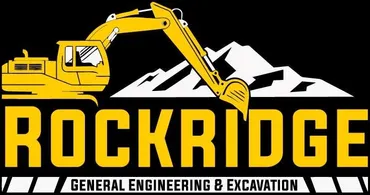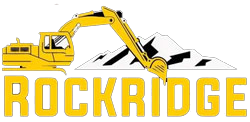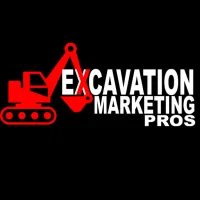YOUR #1 FULL SITE PREP EXPERTS!
CALL NOW- 360-564-5933
Licensed: ROCKRGE816DF - Over 35 Years of Experience | Emergency Services Available | Family and Locally Owned
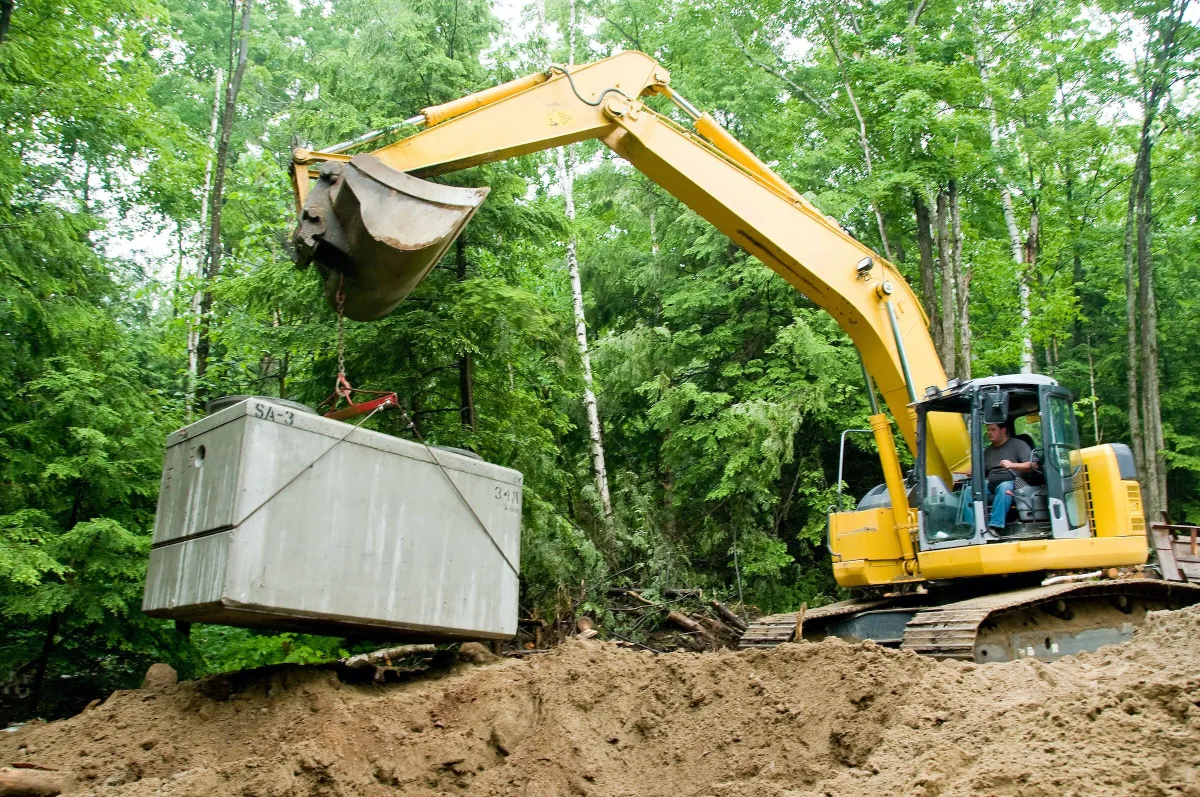
Choosing the Right Septic System Design for Your Washington Property: Conventional vs. Alternative Systems
Septic system design is a crucial aspect of property development in Washington, a state renowned for its natural beauty and diverse landscapes. Property owners face the important decision of selecting the most suitable septic system design for their specific needs and environmental conditions. In this article, we will delve into the considerations surrounding conventional and alternative septic system designs in Washington, helping property owners make informed choices that align with regulatory requirements and the unique characteristics of their properties.

The Conventional Approach: Gravity-Based Septic Systems
Conventional septic systems, often referred to as gravity-based systems, have long been the standard choice for many properties in Washington. These systems rely on the natural force of gravity to transport wastewater through a series of pipes and tanks, ultimately leading to a drainfield where the effluent is treated by soil microorganisms. Here's a closer look at the features and suitability of conventional septic systems:
Operating Principle: Gravity-based systems work by allowing wastewater to flow downhill from the property's plumbing fixtures to the septic tank. The heavier solids settle at the bottom of the tank, while the liquid effluent flows into the drainfield, where further treatment occurs through soil filtration.
Suitable Soil Conditions: Conventional systems are best suited for properties with well-draining soils that allow for effective wastewater treatment. Washington's varied soil types require careful consideration during the design phase to ensure optimal functionality and prevent potential environmental hazards.
Environmental Impact: When designed and installed correctly, conventional septic systems can provide efficient wastewater treatment while minimizing the risk of groundwater contamination. However, careful attention must be paid to setbacks from water bodies and wells to avoid potential pollution.
The Alternative Approach: Exploring Alternative Septic System Designs
In cases where properties have challenging soil conditions, limited space, or environmental constraints, alternative septic system designs offer viable solutions. Washington provides several alternative options that aim to overcome specific challenges and maintain efficient wastewater treatment:
Mound Systems: Mound systems are commonly used in areas with high water tables or soils that do not provide adequate drainage. These systems involve elevating the drainfield above the natural soil surface, allowing for improved treatment and disposal of effluent. Mound systems are especially suitable for properties near bodies of water or locations with clay soils.
Sand Filters: Sand filter systems utilize layers of sand and gravel to enhance wastewater treatment. The effluent is distributed across the sand bed, where biological and physical processes further cleanse the water before it percolates into the soil. Sand filters are effective in properties with limited space or challenging soil conditions.
Aerobic Treatment Units (ATUs): ATUs introduce oxygen into the wastewater treatment process, promoting the growth of aerobic bacteria that break down organic matter more rapidly. These systems are ideal for properties with poor soil conditions or those seeking a higher level of treatment. ATUs are particularly beneficial in environmentally sensitive areas where advanced treatment is necessary.
Making an Informed Decision: Factors to Consider
Selecting the appropriate septic system design involves a thorough assessment of various factors that influence the system's performance and impact on the environment:
Soil Type and Composition: The property's soil type plays a pivotal role in determining which septic system design is most suitable. Conducting a soil evaluation will help identify drainage capabilities and inform the design process.
Property Size and Layout: The available space on the property will influence the design options. Alternative systems, such as mound systems or sand filters, may be necessary for properties with limited space or specific layout constraints.
Proximity to Water Bodies: If your property is situated near lakes, rivers, or other water bodies, special attention must be paid to the septic system's design and setbacks to prevent potential contamination.
Environmental Regulations: Washington has stringent environmental regulations that dictate septic system designs. Property owners must ensure their chosen design meets these regulations and obtain any necessary permits from local health departments.
Conclusion
Choosing the right septic system design for your Washington property is a critical decision that requires careful consideration of soil conditions, property size, environmental concerns, and regulatory requirements. Conventional gravity-based systems remain a solid choice for properties with well-draining soils, while alternative designs such as mound systems, sand filters, and aerobic treatment units offer solutions for properties with unique challenges. By working closely with qualified septic system designers and local health departments, property owners can ensure the optimal functionality, environmental sustainability, and long-term success of their chosen septic system design in the picturesque landscapes of Washington.

AVOID COSTLY MISTAKES:
Do NOT hire an excavating contractor without first reading our free guide:
The ULTIMATE Excavation & Septic "Success Guide."
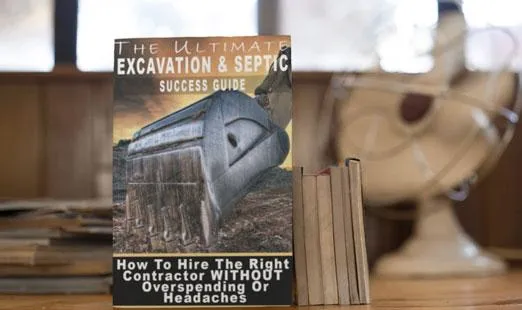
We Offer Excavation Services You!
If you don't see your specific area contact us and we may still be able to help or give a referral.
All rights reserved | Privacy policy | Client Support Area | Terms & Conditions | Privacy policy
